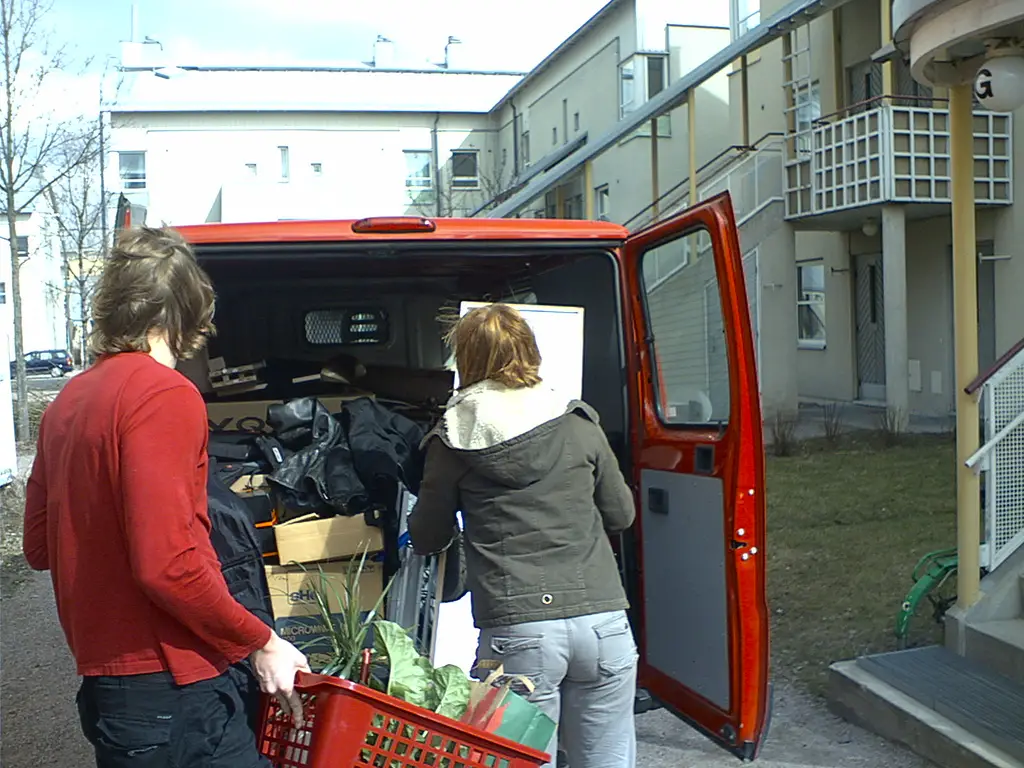Just the thought of moving has people burying their head in the sand. First, there is the packing, then the logistics of how you are going to move everything, plus the worry if it will all fit into your new house or flat.
If you are single none of these things are a real problem, but if you are married there is someone else to think about as well. Add children to this equation and it becomes really complicated. New schools, new friends, it starts to sound like a nightmare. This is just thinking about what is involved in just moving across town, never mind oceans. Simply put don’t let distance language or culture put you off though, as moving abroad is just a question of preparation.
Here at Holahubmalaga, we have all left our homes to move to Spain and have some useful tips on how careful planning and thinking can help you get through any challenges that may arise.
Do your due diligence and know what you are getting into
First of all, when you move to a new country some things will seem strange. Language, foods, taxes, laws, it’s all going to be different than what you are used to. One thing you can do is look for like-minded groups on Facebook or expat websites that you can join and converse with people that have already made the move you are planning. Then research everything about the country, city, neighbourhood you are moving so that once you are there very little will come as a complete surprise.
Sort out all the paperwork
Work permits and visas are required for most countries around the world, so get in touch with the embassy of the country you are moving to and find out what paperwork you need to complete before your move. Once in your new country, you will most likely need to register in the city or town where you will be living and obtain a national insurance or social security number. In countries like Spain, this number is needed for every official thing you do as well as simple things like changing the utilities into your name and getting Internet connected.
Healthcare
Not all countries have a National Health Service like the United Kingdom and require their citizens to have private insurance for medical expenses. Be well aware of this before you move as your job might include health insurance for you but not your family.
Schools
If you have children, schools play a big part in where you are going to live. All parents want to live in an area which has the best schools so do your homework on which neighbourhoods work best for you. If you are moving to a non-English speaking country you may want to live near an international school where the curriculum is taught in English.
Start house hunting as soon as possible
If you are only going to be abroad for a short time renting a place to live will be your best option. If however, you plan on moving permanently buying a house or flat is probably on the cards. Speaking from experience you never really know a place until you actually live there. With this thought in mind, we would definitely recommend renting a place for a year as this way you will know exactly where you want to live when it comes time to buy.
Make sure you have a job
So many people fall for the trap of turning up in a new country, assuming they will find a job once they are there. These days, even having the right to work and speaking the language is no guarantee of finding paid employment. If you are being transferred by the firm you already work for then you have no problem, but if it is a job you found on the Internet look into it closely before committing to the move.
Like most things in life you need to use your common sense, but if you follow the tips above it will help you to make the move to your new country as stress-free as possible.
Photo courtesy of Henri Bergius.





